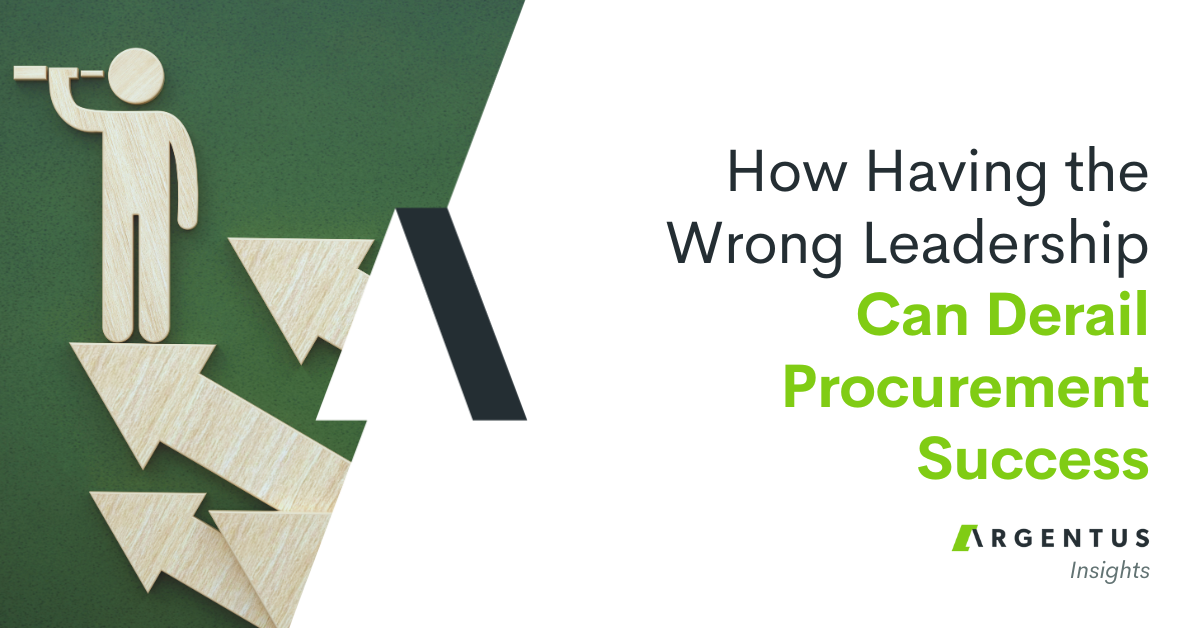“The big takeaway from this period is that the supply chain is gaining greater understanding and importance.” — Retail Transformation Executive Gary Newbury
 As we’ve covered in the past few weeks, the COVID-19 outbreak in the west has thrown the already-tumultuous retail industry into a period of upheaval. Faced with the necessity of social distancing, supply disruptions, and new demand patterns for their products, many retailers have been forced to adapt on the fly.
As we’ve covered in the past few weeks, the COVID-19 outbreak in the west has thrown the already-tumultuous retail industry into a period of upheaval. Faced with the necessity of social distancing, supply disruptions, and new demand patterns for their products, many retailers have been forced to adapt on the fly.
Last week, we caught up with Retail Transformation Executive Gary Newbury for an interview about how the Retail industry is responding to this. Gary broke down how retailers can respond to social distancing needs and changing consumer behaviour, and how this represents an opportunity for long-term transformation and innovation.
 Gary is a Retail Supply Chain Strategist and Serial Transformation Executive with an extensive track record of boosting Supply Chain agility for some of the biggest brands in the UK and Canada. He’s a deeply strategic Supply Chain thinker, with deep understanding of challenges and opportunities in the Retail space.
Gary is a Retail Supply Chain Strategist and Serial Transformation Executive with an extensive track record of boosting Supply Chain agility for some of the biggest brands in the UK and Canada. He’s a deeply strategic Supply Chain thinker, with deep understanding of challenges and opportunities in the Retail space.
Today we bring you our follow-up interview, this time focused on talent. In this instalment, we spoke about:
- How the COVID-19 crisis has forced many retailers to expand their eCommerce capabilities with curbside delivery, and the talent implications for companies that may not have had this capacity in-house already.
- How companies can adapt their talent management strategy to prioritize both daily firefighting and larger strategic transformation, and
- What retailers should consider when searching for strategic leaders who can help them win the market in the next decade.
Thanks for doing this interview, Gary! To pick up where we left off: You’ve long been an expert and advocate for large-scale transformation in the retail industry. With COVID-19, it seems like retailers are being forced to transform, on a completely compressed timescale.
In particular, certain companies might not have built their capacity to accommodate large volume eCommerce, curbside delivery, and other socially-distant options without harming the customer experience. What are your recommendations for these companies that now have to adapt “on the fly”?
As part of the second stage of adaptation we discussed in our previous discussion, the top executives will need to make some, often painful decisions. They need to decide which team members are great in the “Just do it” mode. Those will stay with the operations. Which colleagues are more strategic, big-picture performers? Those people need to be pulled from the day to day to work onto the accelerated transformational process. Very quickly the retailer is likely to conclude, “We haven’t got the transformational skill sets,” or if they have, they will conclude, not enough of them. This may, I would argue, be the reason why the digital transformation never really took off or got executed at many retailers previously. The 2010s were epitomised, for me, by considerable “chatter” across a range of retailing ideas, but less ability to action things.
The change agents have many of the qualities and attributes I described in our interview late last year, but also, they work at pace on meaningful change, rather than keeping themselves busy on what could be described as “admin” tasks. And in some ways they get a real buzz from achievement of hitting milestones, finding innovative ways of solving problems and, compared to the mainstay of colleagues, tend to seem a little quirky ( which is often another word for being creative in unconventional ways) and “problem solving” fixated as they seek deep meaningful connection to the root causes of problems and are motivated to provide practical solutions, consistent with the timescales set.
We’re curious about your thoughts on Supply Chain talent in this moment. It’s clear to us that, to respond to these tremendous challenges, organizations require more front-line Supply Chain professionals to get the job done. But there’s also a need for more strategic people to help organizations rethink their medium and long-term approaches.
How do you see this dynamic developing, and do you agree this demand will continue going forward?
This is an interesting question. There are some terrific people who head up our Canadian retail supply chains. They stand head and shoulders above their peers in many other industries. Unfortunately, for the industry, they are not evenly distributed and many retailers “make do” based on some misunderstanding of the value a transformational supply chain executive can bring to the table.
We are about to enter a world of many, many uncertainties which require high degrees of technical knowledge, agility in thought and action, and flexibility to handle unprecedented levels of ambiguity and complexity.
The typical retailer has not had a good grasp of the supply chain, not always correctly scoped it internally or across its ecosystem of partners and providers, very rarely seen this from a “systems theory” perspective, and tend to be highly silo’d in their approach to thinking about and managing the business.
The big takeaway from this period is the supply chain is gaining greater understanding and importance. This is a positive factor that also unfortunately exposes the weaknesses in strategy and design. These are issues which many existing incumbents either can’t resolve or have been encouraged to “look the other way on,” unfortunately.
Given the work ahead with both the physical transformational process, and the paradigm changes retailers MUST go through to be successful, increasingly I come to the conclusion that the demand should rocket for highly talented supply chain professionals with that strategic outlook you raise, but these “unicorns” can also deliver on solutions. However, there are big obstacles to “Name your price” scenarios being commonplace.
First and importantly, we have to ask which retailer is going to hold their hand up and say, “oh my goodness, this supply chain is so complex and overwhelming now I am up close and personal with it. We definitely need to pivot our business from stores and merchandising to supply chain and marketing as key activities.” That might take some time, and it will not be a widely held view by executives coming up from the traditional side of the business.
Secondly, if we can shift thinking patterns over the next few months, we are going to see a major restriction of the retailing industry with consolidations, mergers and major banner losses which will distract from the real changes that need to be made on the ground.
Thirdly, using a 2010s perspective, “we’ve always paid the guys in our warehouse $X, why should we pay $Y now?” Given the financial pressures ALL Canadian retailers are under, I have some sympathy with this argument, but not much!
We are at a pivot point within Canadian retailing. What was known to be true during the 2010s is relatively useless for 2020s success. Enter the highly talented and transformational supply chain executive with a broad knowledge of the end to end retail supply chain with a different perspective and a hunger for their business to succeed and thrive. The picture is waiting to be completed!
A big thanks once again to Gary Newbury for taking the time to do the interview! In the coming weeks, we continue to bring you interviews with other leading Supply Chain lights from across a number of industries. Stay tuned! ![]()




0 Comments